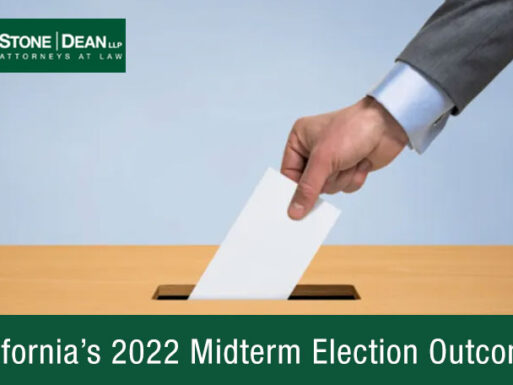Sweeping Decree by Federal Agency Declares McDonald’s to be a Joint Employer with Its Franchisees
The National Labor Relations Board (“NLRB”) is a federal agency vested with the power to prevent and remedy violations of the National Labor Relations Act committed by employers and unions. The NLRB investigated allegations that some of McDonald’s 3,000 franchisees violated employees’ rights concerning organizing activities. The NLRB’s General Counsel authorized Regional Directors to name McDonald’s, USA, LLC, as a joint employer in complaints pending before the NLRB. The heightened scrutiny is in response to demonstrations by fast-food workers calling for higher wages, better employment conditions, and the right to organize. If McDonald’s is held responsible for the employment decisions of its franchisees, the NLRB would make it far easier for labor organizers to turn 14,000 restaurants into one huge union shop.
The pronouncement ignores decades of franchise law in the U.S. and threatens the success and job growth of thousands of small business owners. Generally, under a written contract, a franchisee is an independent contractor and not an employee of the franchisor. Whether a franchisor rises to the level of a joint employer and, thus, jointly and severally liable for unlawful employment practices, depends on the franchisor’s right to control the manner and means of the franchisee’s business. If the franchisor has substantial control over the local operations, including day-to-day operations and employee discipline, it may be held liable for the actions of the franchisee and/or its employees.
Clearly, franchisors have an interest in maintaining the integrity of its enterprise and may exercise certain control over a franchisee to protect its brand without triggering vicarious liability exposure. Examples include control of its trademarks, trade name, goodwill, products and quality of services, service mark, logo type, or advertising.
Importantly, the General Counsel’s decree is not the same as a binding NLRB ruling. Enforcement or review of NLRB rulings must be submitted to the federal Court of Appeals. McDonald’s will have to defend the NLRB charges and then seek relief from a federal court. So, this battle has just begun.



